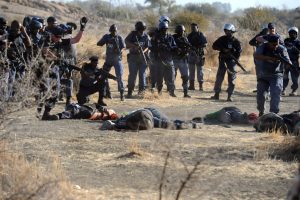
By Abu Muhammad
Ten years ago, the country and the world were stunned when a wage strike in Marikana turned deadly, leading to the worst massacre in democratic South Africa. Thirty-four striking mineworkers were shot dead by police on 16 August 2012.
Radio Islam spoke to Tony Healy, labour analyst, who said: “Up until 2008, the mining industry was in good shape in terms of the gold price and production costs. Then the mining industry fell on hard times. The was a series of retrenchments, safety issues, growing discontent and union rivalry. All of this became this cocktail that contributed to what happened at Marikana.”
When asked what has changed, Healy said that two critical changes have occurred to our legislation due to Marikana. The first is that AMCU was a minority union at that time. As a minority union, they did not have the rights their union deserved. This was because of the legislation at the time. After Marikana, our legislation changed that minority trade unions with sizeable membership have more rights. The second is that when union leaders call strikes, they cannot do so without the support of union members. They don’t occur simply at the whim of union leadership. This is what happened at Marikana.
Healy added: “There is no doubt that at the time the townships around Marikana, the miners were living in many respects in squalor. Many households did not have water and electricity. The reality is that it remains like that today in many parts of the country.”
Click the link to listen to the full interview


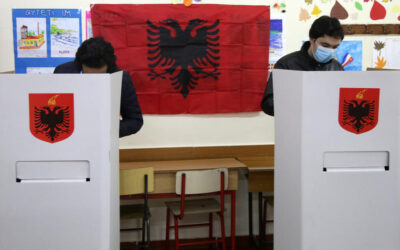

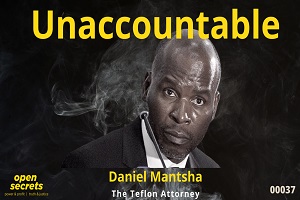
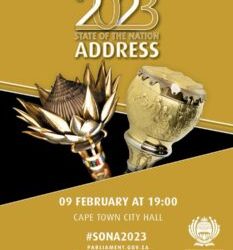
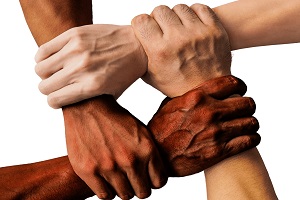
0 Comments